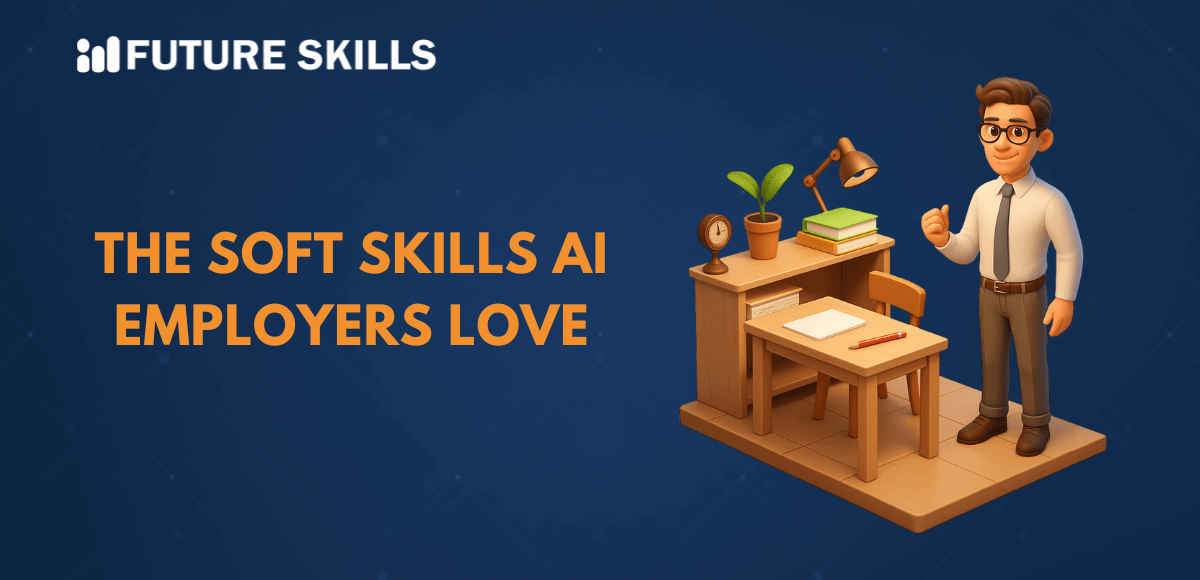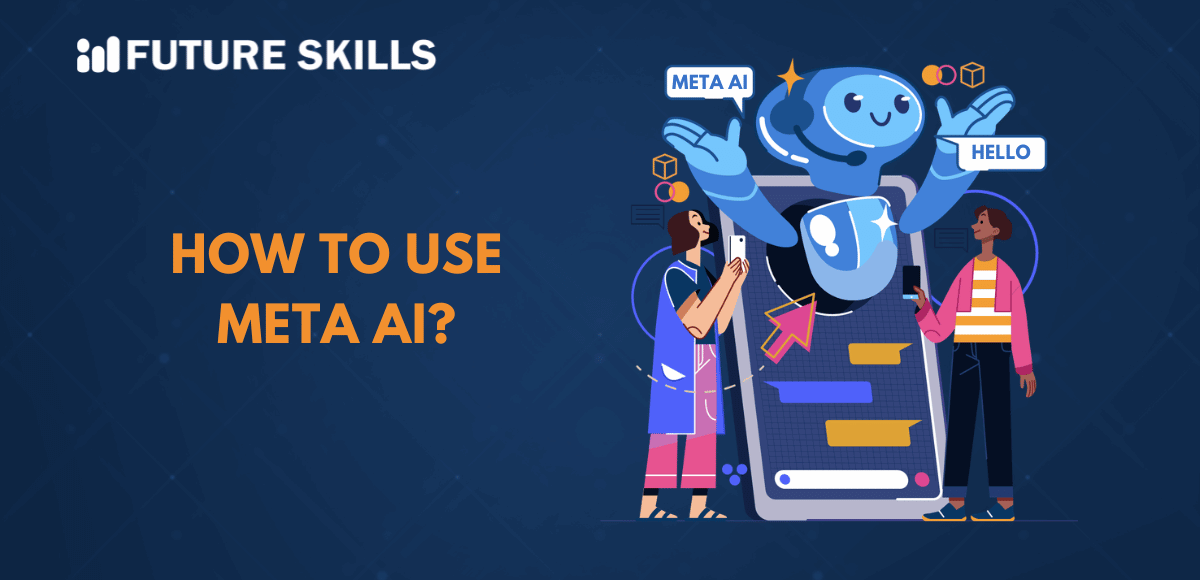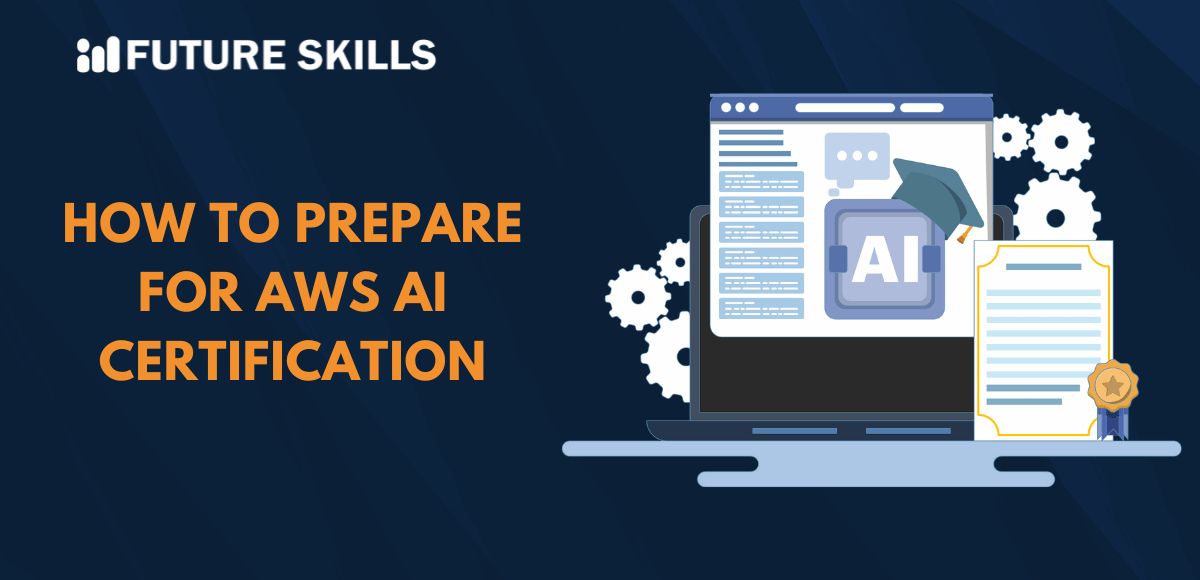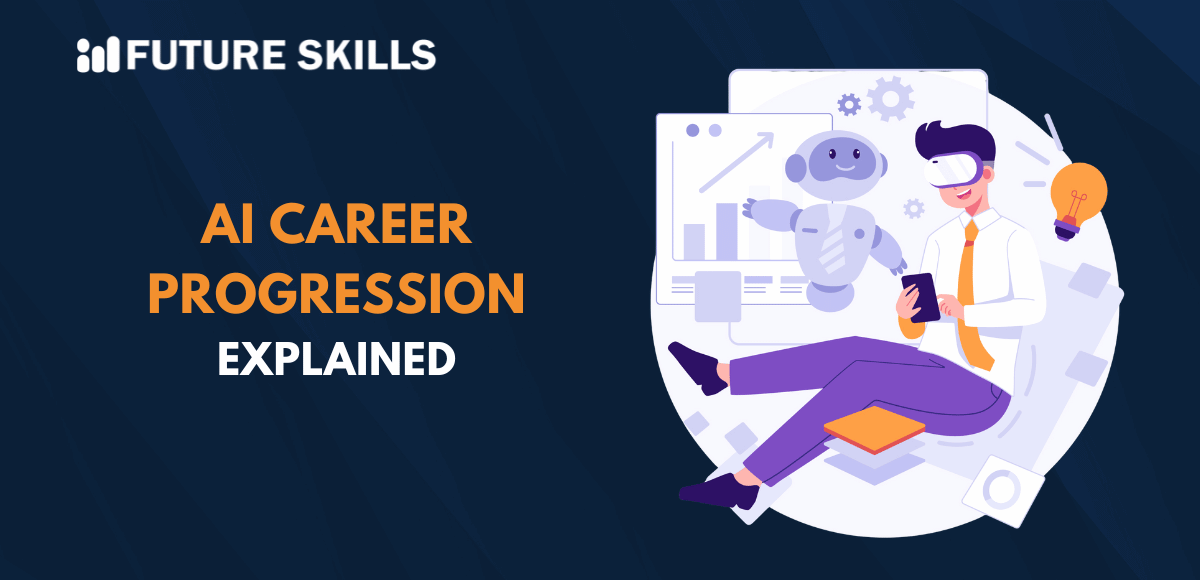The rising adoption of AI across different industries has created huge changes in the way companies build their workforce. You might think that the major change in hiring process would focus on evaluation of technical expertise. While technical AI skills are popular in the market, you must know that many other people also have them.
The only way to stand out from the competition is through AI soft skills, which are essential to survive in an evolving work environment. It is important to note that AI lacks the human touch required for interpersonal relationships, problem-solving, and leadership capabilities. Let us find out the most notable soft skills required in an AI professional.
Embark on a transformative journey into AI, unlocking career-boosting superpowers through our Certified AI Professional (CAIP)™ Certification program.
Why Should You Focus on Soft Skills?
One of the first things that may come to your mind while thinking about AI jobs is the list of technical skills. You will find a list of technical qualifications for every AI job role along with requirement of job-specific experience. While technical skills are an important part of the hiring process, hiring managers will no longer focus on your technical expertise alone.
Employers want AI professionals who can communicate and collaborate with others, adapt to change, and maintain resilience in the face of challenges. All of these abilities fall under the category of soft skills required for AI jobs. With AI doing the heavy lifting by writing code, analyzing data, and automating repetitive tasks, you can stand out by how you work.
You can learn why queries like “What is soft skill in AI?” are relevant in 2025 with the help of an example. Let us assume that you attend an interview for an AI job and the interviewer asks about your experience of managing a difficult cross-functional project. You may answer the question by describing the tech stack or AI models you used in the project.
What is the best way to grab the attention of the interviewer? The interviewer is likely to be impressed by how you,
- Managed team conflict,
- Promoted collaboration between teams and,
- Adapted to changing priorities in the project
With the help of the right soft skills, you can showcase your capabilities to thrive in organizations that embrace AI. Soft skills are also known as employability skills as they showcase your abilities to work with people inside and outside the organization. You should focus on soft skills because they can complement your technical expertise and make you a valuable candidate.
Enroll now in the AI for Business Course to understand the role and benefits of AI in business and the integration of AI in business.
Which Soft Skills Do You Need in AI?
Artificial intelligence has emerged as a powerful tool in the modern technology landscape. AI can automate repetitive tasks and showcases effective performance in different rational processes, which rely on data. Among the top AI skills in demand now, you must identify human-centric skills or soft skills as the first priority. The significance of soft skills primarily revolves around finding your way through the complexities of new work environments. The following soft skills can help you navigate the interpersonal relationships and ambiguity in the modern AI labor market.
-
Emotional Intelligence
The foremost soft skill required from AI experts is emotional intelligence, the one thing that AI does not have. You should know that AI can recognize the sentiment or tone but cannot feel what a person does. AI is capable of automating tasks and handling data albeit with limitations on addressing the human aspects of work, such as relationships and emotions. Experts suggest that humanity is the most crucial ingredient required to become a valuable asset for AI jobs.
Strong emotional intelligence skills help in building effective relationships and understanding each other. Employees with better emotional intelligence skills can adapt to changes effectively with the ideal emotional responses. Emotional intelligence is one of the unavoidable soft skills of AI experts as it enables you to read the room. Some of the examples of emotional intelligence include self-awareness of own emotions and showing empathy through active listening. AI professionals can find advice and suggestions to improve their emotional intelligence through 360-degree reviews and mentorship.
-
Critical Thinking
Artificial intelligence is a great tool to obtain insights on various topics. However, you must have the skills to interpret them in a way that brings benefits for the organization. Critical thinking is an essential soft skill for AI professionals and helps in questioning assumptions and identifying red flags. It also provides the foundation to make smarter decisions when data is not enough to draw important insights. One of the ways to use critical thinking as an AI expert involves breaking a problem into different parts and identifying the root cause.
AI professionals must have the ability to think about the goals and better alternatives for every situation. You can hone your critical thinking abilities by practicing how to take decisions in situations that involve limited risks. For instance, you can volunteer to review smaller team decisions that you can test before implementation.
-
Communication
AI tools have revolutionized the efficiency benchmarks for companies by allowing teams to communicate with each other effectively. Technical excellence in AI is nothing without AI communication skills as you cannot explain what you do in a project. Let us assume that you have a meeting with stakeholders and members of a cross-functional team, and you have to start a new project. How will you convince the stakeholders that the project is profitable? Communication skills can help you get your message through to the target audience without any obstacles.
Many people will assume that being good at conversations with other people at the workplace is a sign of communication expertise. On the contrary, a good communicator is one who knows how to make the other person understand their message. How can you improve your communication skills? You can enhance your communication abilities by practicing clarity and honing active listening skills. AI professionals must also try out different communication styles for interacting with different people on the team.
-
Collaboration and Teamwork
While communication skills empower AI professionals to explain their messages, collaboration is a key ingredient for success. The discussions about “What is soft skill in AI?” will obviously focus on collaboration as it strengthens the relationships between team members. Teamwork plays a vital role in resolving conflicts while effective collaboration drives teams to achieve better outcomes in projects that one person could not have achieved.
The ideal recommendations to enhance your collaboration and teamwork skills include following a proactive attitude and facing conflicts without hesitation. You should always be prepared to assist team members or take on a challenge whenever required. AI professionals can also hone their collaboration soft skills by facing conflicts and resolving them by finding common ground. Most important of all, you must allow others to contribute their ideas and acknowledge them with constructive feedback.
Build ChatGPT skills and take the first step to becoming superhuman with our free ChatGPT and AI fundamental course
-
Creativity
The most crucial soft skill that can help you achieve professional excellence in AI is creativity. One of the notable limitations of AI is that it can work only with the information that it uses in the training data. Artificial intelligence systems cannot imagine something new or come up with novel ideas like a human. Creativity is one of the rare AI soft skills that are seen only in few candidates for AI jobs. Professionals with creativity can play a major role in driving innovation, finding efficient solutions, and brainstorming bold ideas for AI.
How can you enhance your creativity? First of all, you must remember that creativity is not some skill that you can learn from a course. AI professionals can learn creativity through continuous learning and different exercises. You can start by dedicating some time from your day for brainstorming with methods like mind mapping and design thinking process. Professionals can also improve their creativity by exploring problems from different perspectives. Another notable approach to hone your creativity involves using a journal to write your thoughts in an organized manner.
-
Cultural Intelligence
The list of soft skills required to work in AI jobs will be incomplete without cultural intelligence. Cultural biases can pop up at the workplace in any scenario, especially in the creation, deployment, and interactions of AI systems. Cultural intelligence is one of the prominent soft skills of AI experts as it allows you to understand different cultural perspectives. You can use cultural intelligence to create AI systems that acknowledge the subtle differences between cultures and inherent biases.
AI experts must know how to evaluate the impact of cultural factors on the data used to create AI systems and applications. Cultural intelligence skills play a major role in achieving accurate and relevant outputs while adjusting data interpretations and interactions with AI systems according to cultural factors.
Excited to understand the crucial requirements for developing responsible AI and the implications of privacy and security in AI, Enroll now in the Ethics of Artificial Intelligence (AI) Course.
Final Thoughts
The most noticeable soft skills required to work as AI professionals have a huge impact on your chances of professional growth. While technical skills are mandatory requirements for AI jobs, you must also have soft skills to address the human aspects of your role. Companies need AI experts who can work effectively with others, adapt to change, and drive innovation. The professional success of a candidate in the AI labor market depends significantly on the blend of their technical and soft skills. Discover the ideal training resources to prepare for top career paths in AI right now.






